Irrfan Khan: Remembering the ‘ordinary’ hero
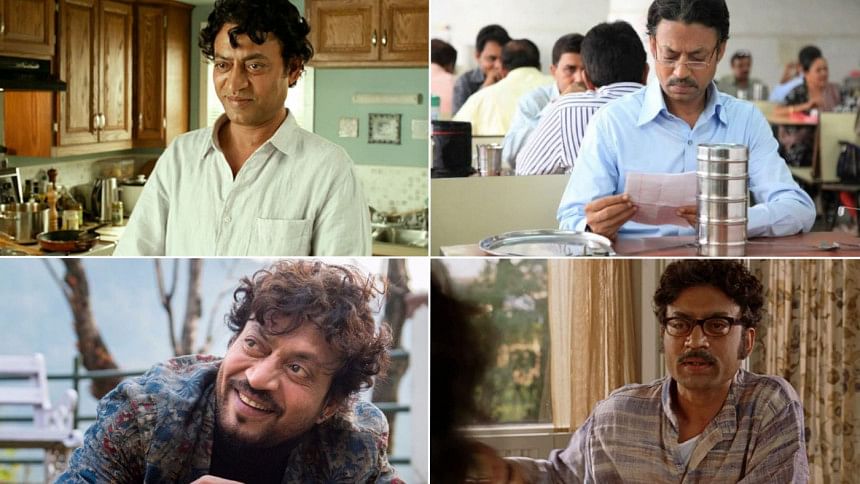
A man calls home from inside a hospital's phone booth. He tells his wife that he is in the emergency room but he only has a stomach ache, nothing more as he doesn't want to scare her.
The wife blames herself for not being there with him, but he smiles and places a palm against the glass door. "Really, it's not that bad," he says. She wants to know about the doctor. He pauses before answering. If not for the pause, you'd never suspect that something else is at stake. Now you understand that the man is lying, "Don't worry, it's nothing." Inside the booth, his hands are fumbling for the words he can't bring himself to utter.
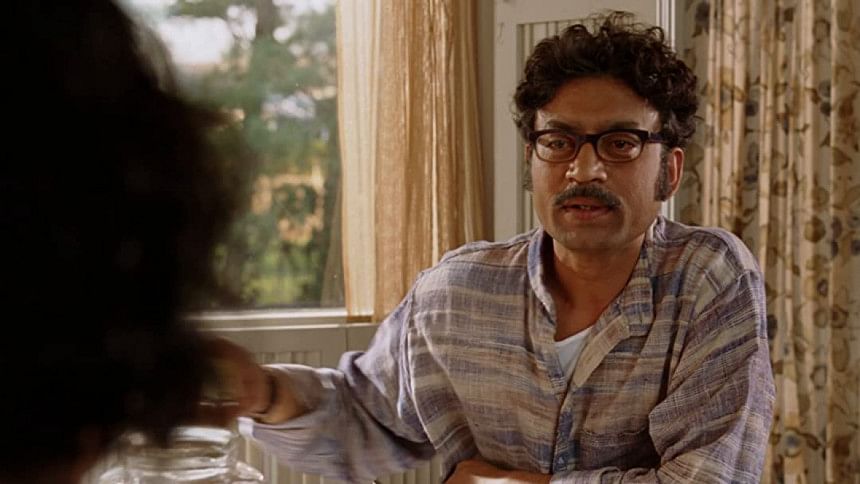
I have often reflected back on this scene from "The Namesake", ever since Irrfan Khan passed away in 2020. Something about the man's tact—a component of what Khan once referred to as the "rhythm" of every role he plays—has stuck with me for years.
In many ways, Khan's career was filled with tragic roles—a doomed lover in "Maqbool", a resolute outlaw in "Paan Singh Tomar", and a hands-on billionaire chasing a dinosaur from a helicopter in "Jurassic World"—and yet I keep replaying the one death scene where his character doesn't let the audience know what is about to happen. Before putting back the receiver, the man convinces his wife that he is fine. Then he withdraws his hands into his pockets and walks away from us.
Actors' lives may frequently resemble the fictional arcs of their films, but Khan's journey eventually appears more redeeming than those of the enigmatic characters he played. For those of us who grew up watching Indian cinema at the turn of the millennium, Khan was the first to demonstrate that it was possible to be the lead character in a popular film without singing and dancing in the rain, that a character could be brought to life just as much by what they said as what they didn't; that a scene you watched unfold swiftly on screen often involved years of contemplation and restraint.
Khan didn't go through much of a makeover when he embraced roles in international films like "The Namesake" and "A Mighty Heart". Born in Jaipur to middle-class Muslim parents, he was nevertheless an outcast. He appeared in "The Warrior", "The Lunchbox", "Slumdog Millionaire",
"Haider", "Life of Pi", "Jurassic World", "The Darjeeling Limited", and even had an important part in "The Inferno"—where he consistently outperformed a slick Tom Hanks in scenes. In less than a decade, he established himself as a presence on screens around the world.
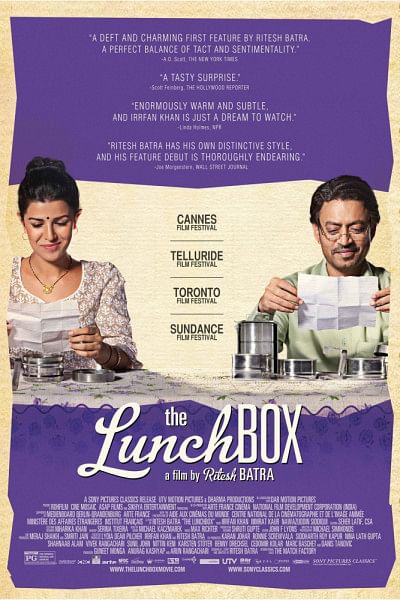
In "The Lunchbox", Saajan Fernandes is a widower without any kids or friends. He intends to retire from his job, and leave Bombay. His wife used to film her favorite TV sitcoms back when she was alive so she could watch them again on the weekends and laugh at the same jokes. Now he stays up late watching those old tapes, smoking on his balcony, and counting down the minutes till the morning so he can get back to work.
Saajan begins writing to a young housewife named Ila when a lunch delivery service misplaces their orders. She reveals her darkest impulses of sometimes wanting to jump from her apartment window upstairs, as he tells her about his past and how he constantly forgets things because he "has no one to tell them to". They make the decision to meet and flee to Bhutan together. On their first date, they both arrive at the same café, and he notices that she is sitting by herself at a table. But he finds it difficult to approach her and show his face. He observes her as she checks the door for his arrival while sitting at a different table. He worries that he is too old for romance. Known for his affable smile and genial ways, Irrfan taught us that you can fall in love not just with a face but with the essence of a person. Khan found his finest hour in this story, with an exquisitely gentle, subtle performance.
Irrfan broke out the stereotypical, one-note romantic portrayal in Anurag Basu's film "Life in a Metro". When Konkona Sensharma's character Shruti confesses her feelings just before he's supposed to tie the knot with someone else, he plays the endearing Monty who worries that all the petticoats have been tailored to fit his fiancée. When she confesses that Mumbai takes more than it gives, he does not act like her saviour. The ordinariness with which he says his lines are funny and cathartic at the same time. Also, how he meets her through a matrimonial site and despite being rejected, doesn't follow her like a stalker but lets her be, resonates deeply. This is how real-life works, or at least should work.
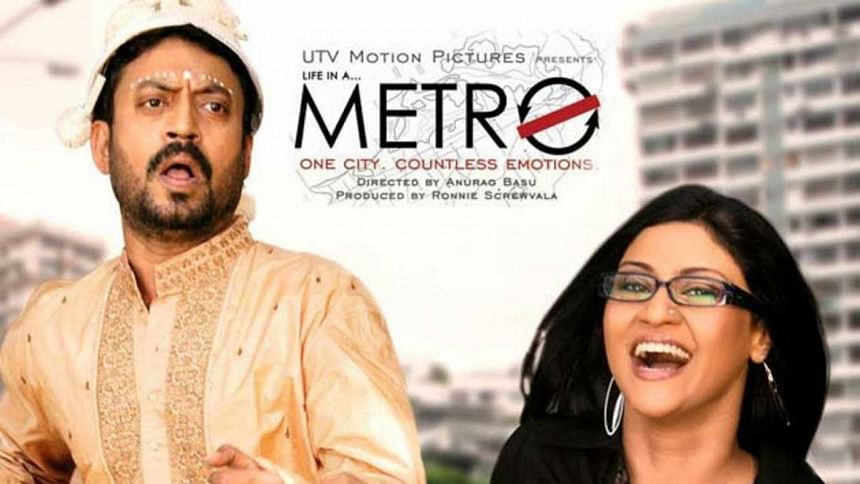
Shoojit Sircar's film "Piku" was mostly about the relationship between a father and daughter. But Irrfan made his own space in the movie when he appeared as Rana. Rana bore a resemblance to Monty from "Life in a Metro". It was funny when he refused to drive until Piku sat in the front seat with him. The subtlety in the chemistry between Deepika and Irrfan makes it even more beautiful. Words can never adequately explain our feelings of love and awe for one another.
Instead, it is evident in those sneaky glances, arguments on the road, and sharing of egg rolls in Kolkata. You would hardly see Irrfan utter a word to Deepika, but his body language and gaze would scream about his attraction towards her.
"Doob" and "Angrezi Medium" were going against the grain of patriarchal South Asian expectations: those oppressive social mores, reinforced by celluloid, that allow parents to dictate to their adult children whom they can marry and what they can eat. Khan plays a flawed father, in both films, who is pleasantly concerned about how he might be failing his kids and how he might have wounded them with his decisions.
For a change, we see protagonists striving to be helpful to the generation after them, endeavouring to be more empathetic parents. There is a scene in "Doob" where Javed, a troubled filmmaker, realizes that his teenage son is being bullied in school after the divorce of his parents. He tells his son to make him out to be a bad father, but the son knows better: he knows that his parents were stuck in a miserable marriage. Khan captures Javed's internal conflicts and emotions with subtlety and depth, making the audience empathise with him even when his actions are questionable.
His performance in "Doob" is a testament to his immense talent and range as an actor. He brings Javed Hasan to life in a way that is both captivating and heartbreaking, leaving a lasting impression on the audience long after the film is over.
In a world of overacting stars and larger-than-life heroes, Khan stuck out for playing the everyman, someone we could identify with, without superhuman abilities or extraordinary skills. On-screen, Khan was more of a protagonist than a hero. His career, while slow to start and once full of dejection, shows that despite dominant trends that often confirm its common image, Indian cinema does leave space for other stories, styles, and roles.

 For all latest news, follow The Daily Star's Google News channel.
For all latest news, follow The Daily Star's Google News channel. 


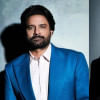



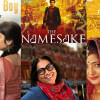


Comments